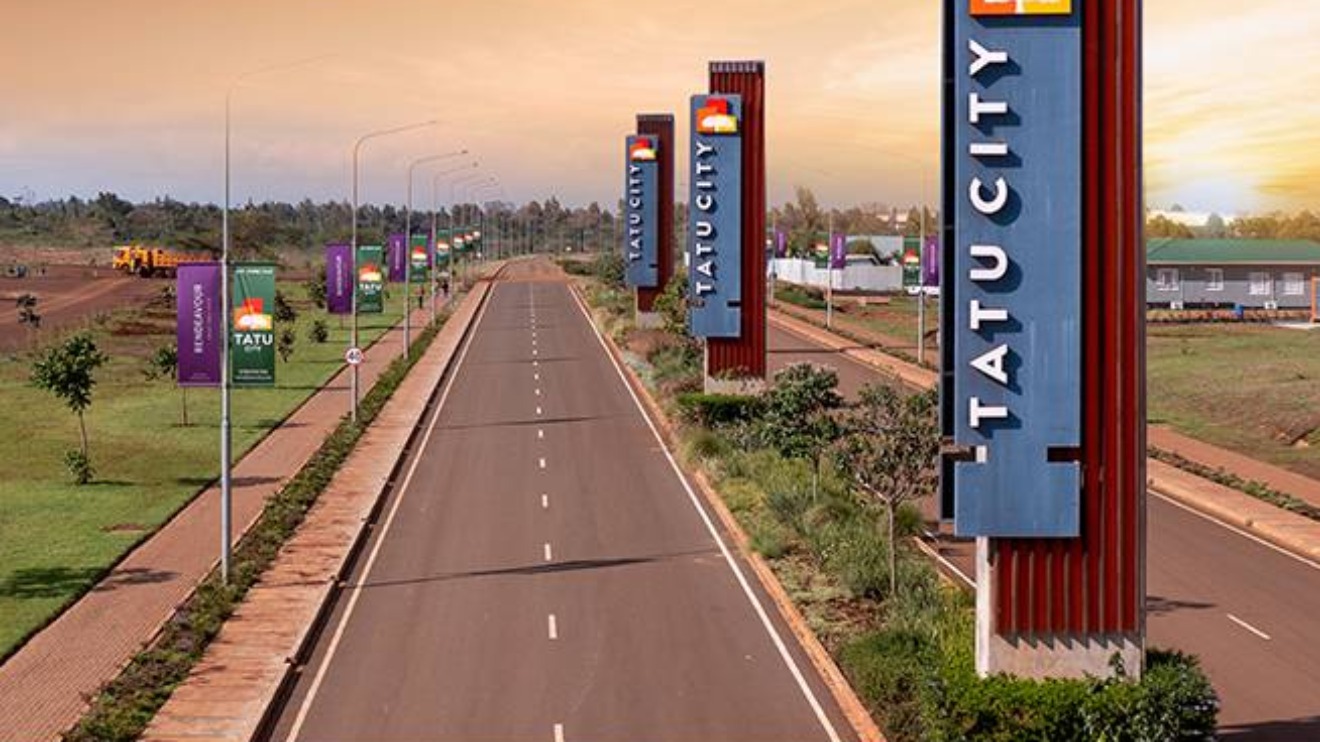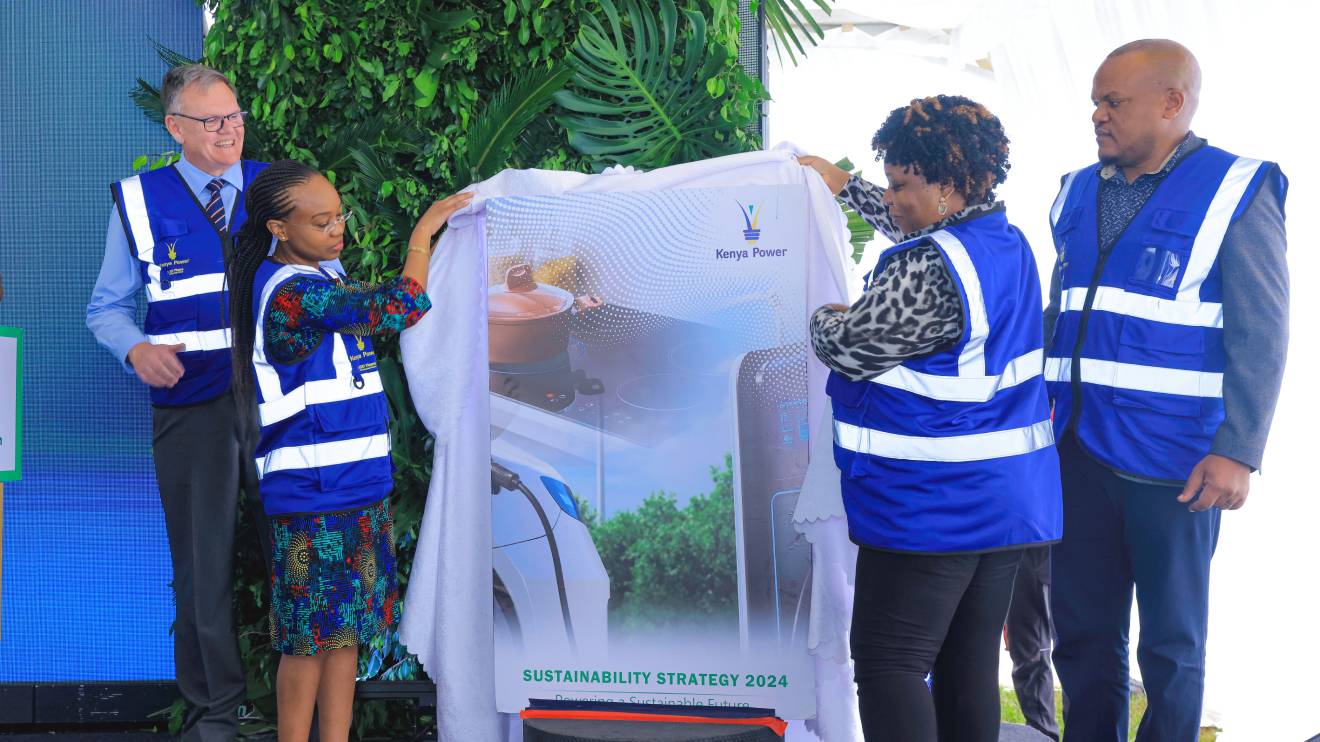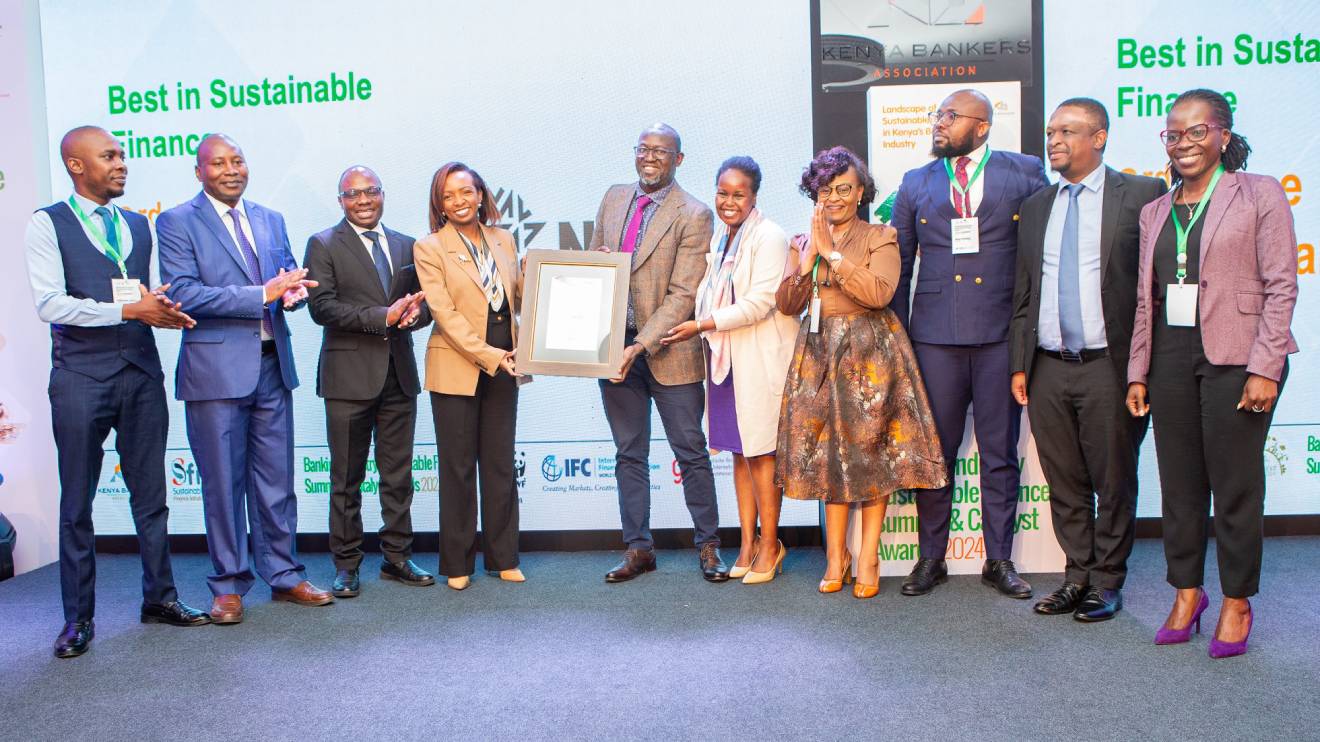Tatu City, one of Kenya's significant foreign direct investment projects, is embroiled in a public feud with Kiambu County Governor Kimani Wamatangi over a contentious demand for land valued at Sh4.3 billion (USD 33 million).
Tatu City, developed by Rendeavour, Africa's largest new city builder, includes investors from New Zealand, the UK, the US, and Norway.
The dispute centres around the alleged extortion attempts by Governor Wamatangi and his advisors, who have withheld approval of Tatu City’s new Master Plan for over a year and a half.
According to Tatu City, county officials have demanded over 40 acres of land, including a site for the Governor’s residence, as a condition for the plan's approval.
“It’s time to blow the whistle on Governor Wamatangi’s attempted extortion of Tatu City,” stated Preston Mendenhall, Chief Operating Officer and Kenya Country Head at Rendeavour.
Read More
“Governor Wamatangi, in a series of meetings with Tatu City and its representatives, has illegally demanded free land in return for approving Tatu City’s new Master Plan. We condemn Governor Wamatangi for harming Kenya’s investment climate and destroying job creation.”
Tatu City claims the delay has resulted in a loss of over Sh16 billion (USD 125 million) in investment value and 4,500 potential jobs for young Kenyans.
At a press conference in Nairobi, Tatu City presented a letter from Salome Wainaina, County Executive Committee Member for Lands, Housing, Physical Planning, Municipal Administration and Urban Development, dated 16 April 2024, demanding the surrender of more than 40 acres, including for the Governor’s residence.
They argue there is no legal basis for such a demand without proper compensation.
Governor Wamatangi, however, refuted these allegations in a strongly worded statement, accusing Tatu City of disseminating misleading and malicious claims.
He argued that Tatu City has not met its obligations under Kenyan law, which mandates that private developers allocate land for public facilities.
“For land of approximately 5,000 acres, the expected land to be surrendered for public use ought to be 10 per cent, which translates to 500 acres,” said Wamatangi.
“This is to address the needs of ordinary members of public who include low-cadre workers within the industrial park and residential areas, such as those in the industries, housekeepers, cleaners, security personnel and their families.”
He further stated that the request for land includes 10 acres for social housing and 44 acres for various public amenities, including a stadium and hospital.
The demand for two acres for the Governor's official residence is in accordance with the law and the Salaries and Remuneration Commission guidelines, intended as a public facility and not for personal use.
Tatu City has called on the County Executive Committee to issue a no-objection letter to the revised Master Plan, emphasizing its adherence to Kenyan and international best practices in urban planning, which allocates 103 acres for public use.
They highlighted the rigorous approval process undertaken, including public participation and multi-stakeholder interactions.
Tatu City, a pioneering Special Economic Zone, has generated over 20,000 jobs since 2021 and attracted more than Sh385 billion in investment.
The city is home to numerous businesses and thousands of residents, with plans to expand its facilities further.
As the dispute continues, Tatu City has expressed its willingness to engage constructively with the county government, provided that public trust and legal standards are maintained.
The County Government of Kiambu also reiterated its commitment to providing a conducive environment for investors, emphasizing the importance of job creation and economic growth.
Both parties are set to meet on 16 July 2024 to address the pending matters, as outlined in a letter from the County Government dated 8 July 2024.
The outcome of this meeting could be pivotal in resolving the ongoing conflict and determining the future of Tatu City’s ambitious development plans.





 (1)-1727972556.jpg)



 (1)-1732264169.jpg)
